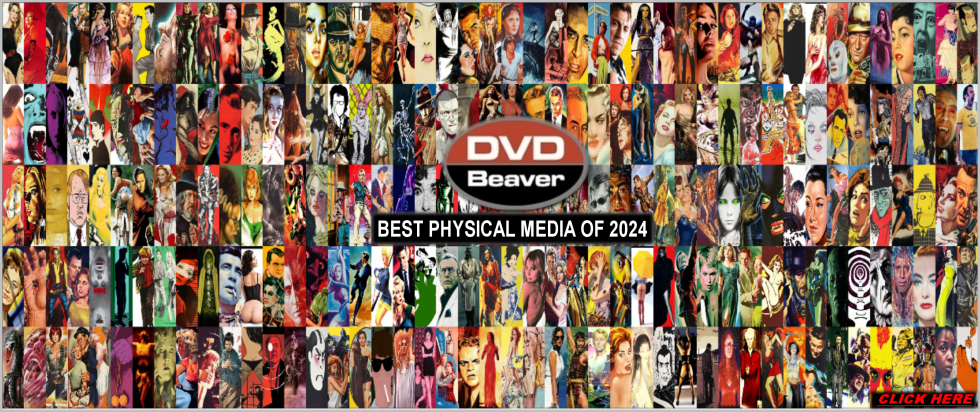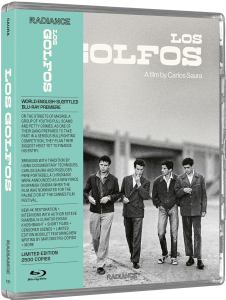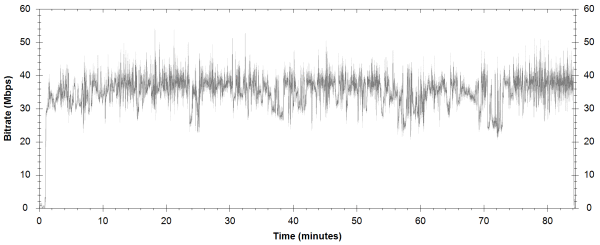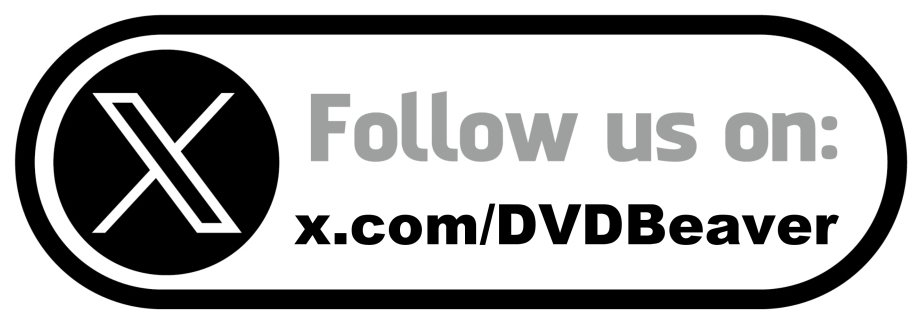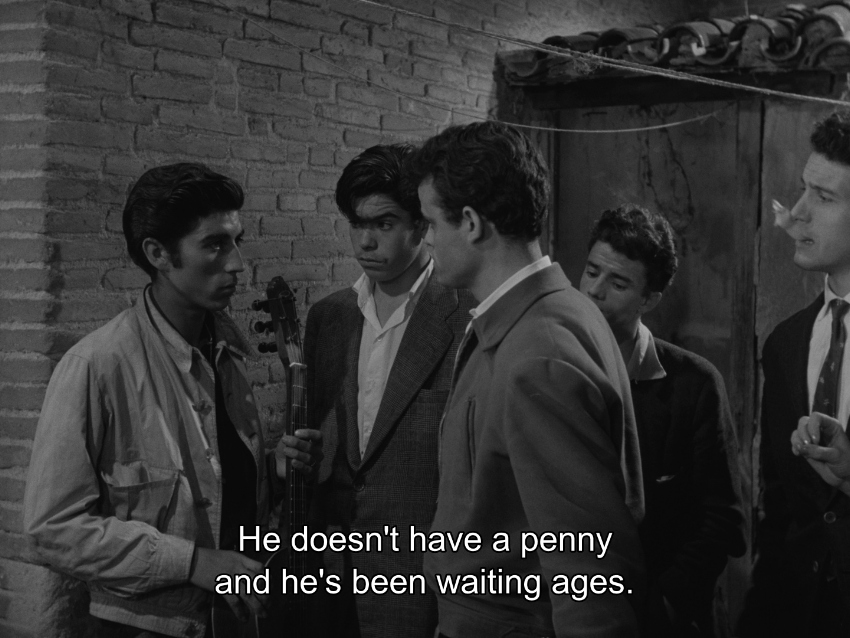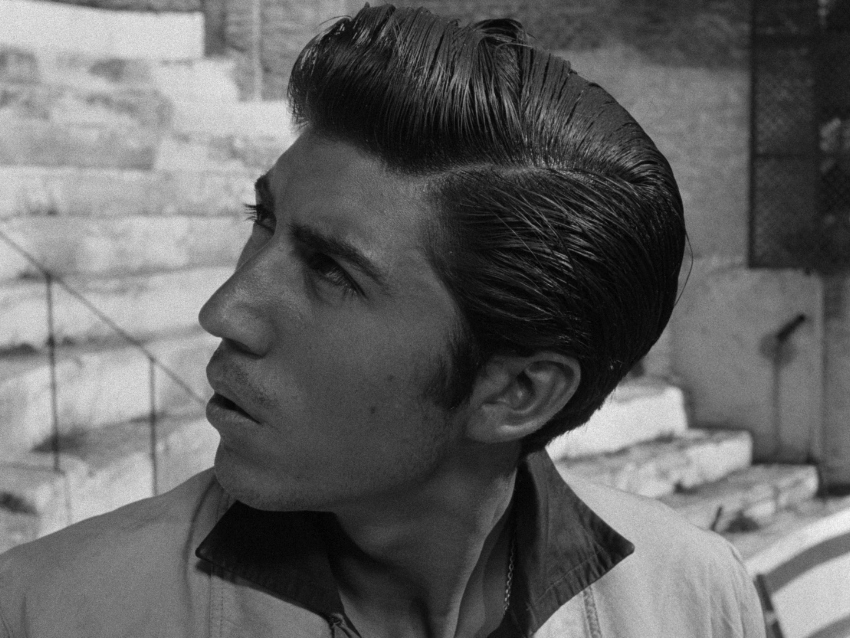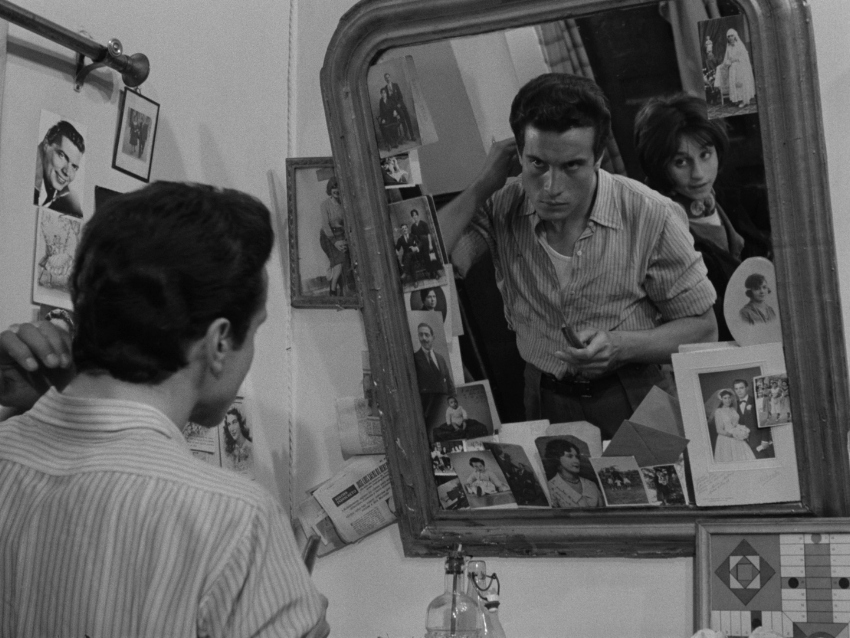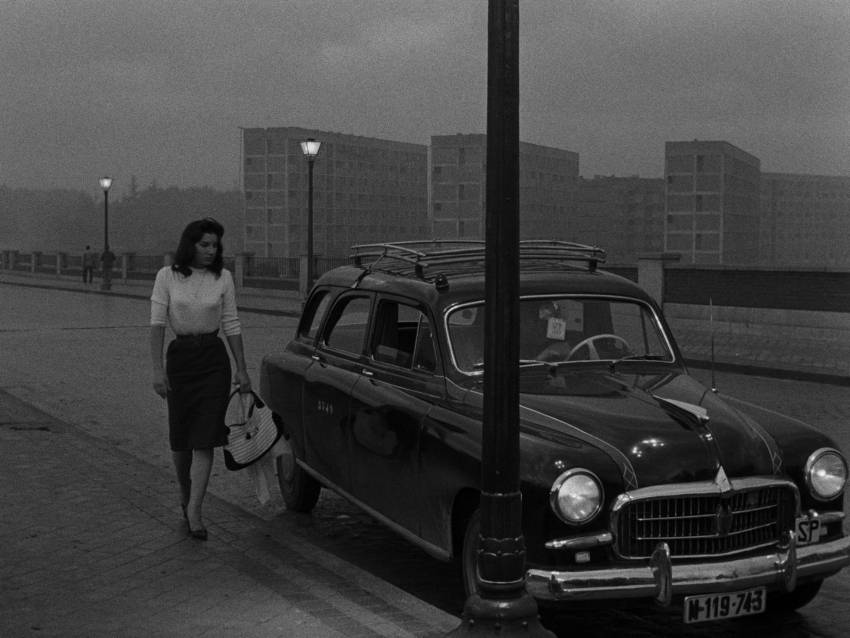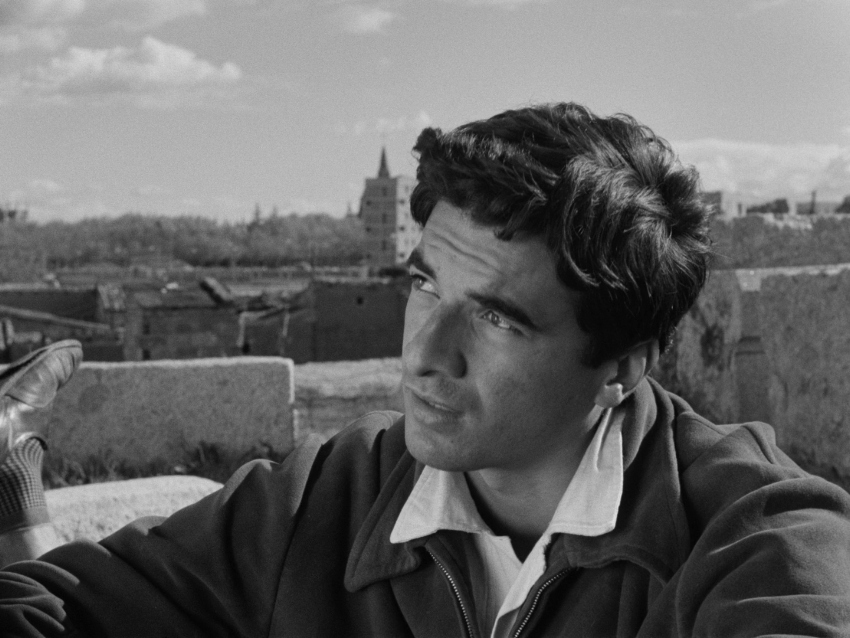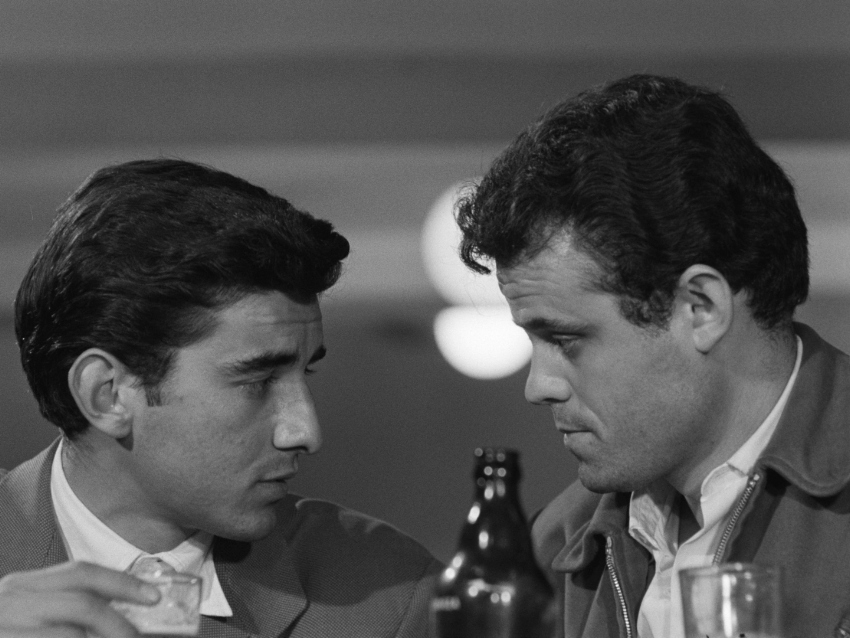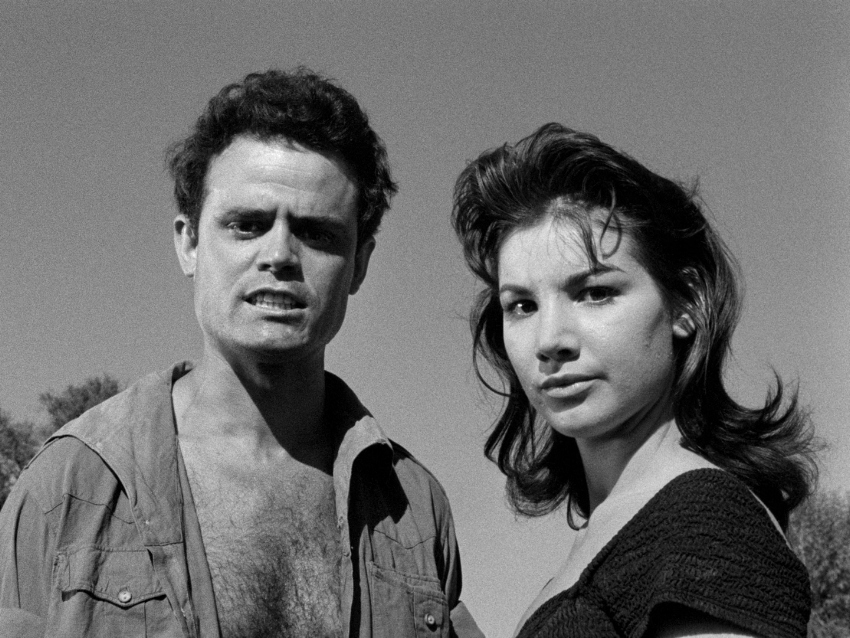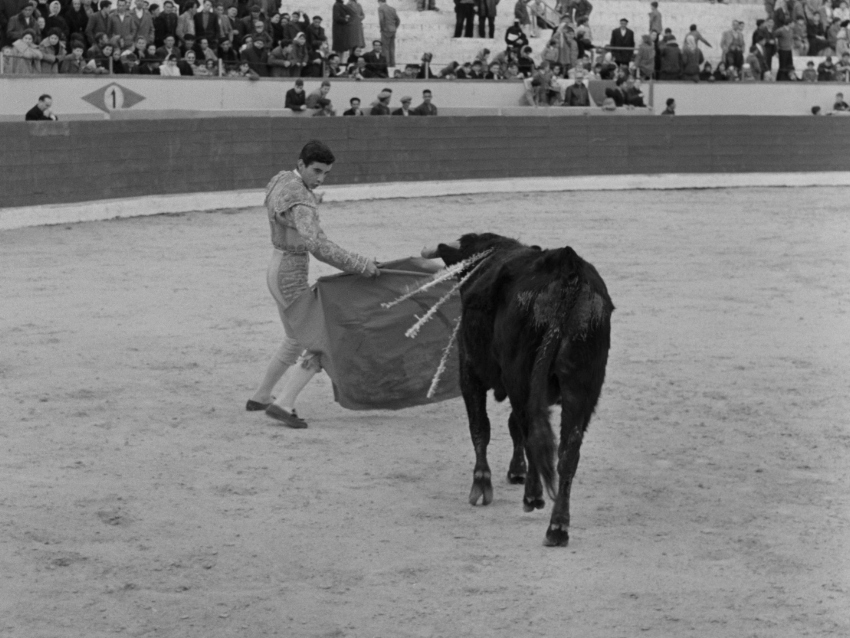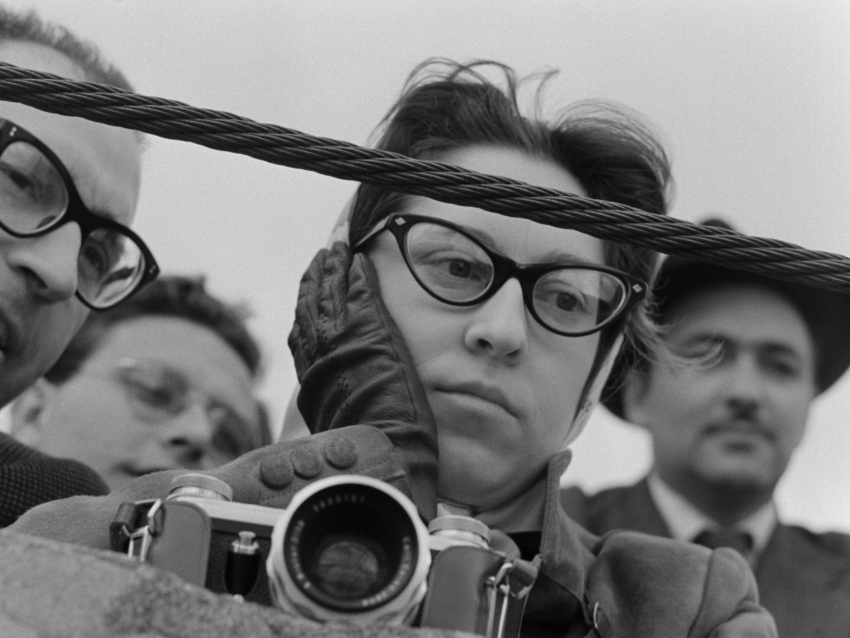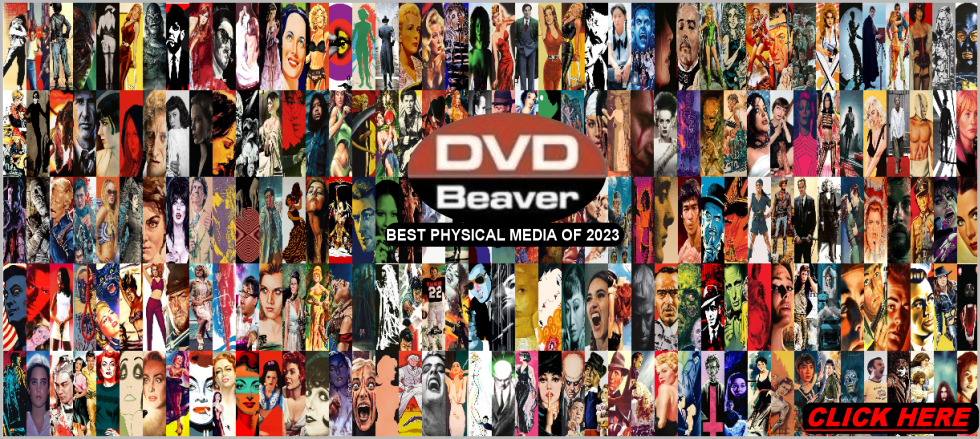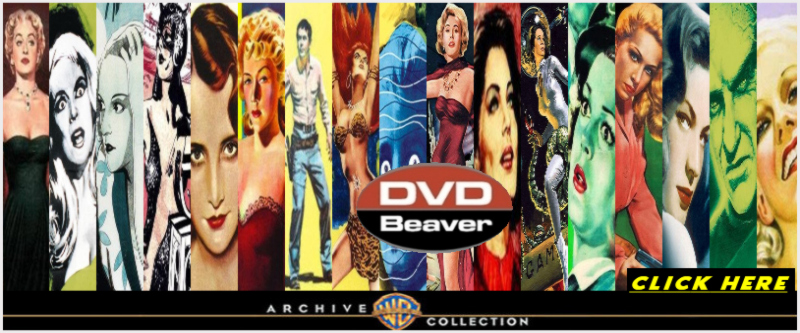|
An
enormous, sincere thank you to our phenomenal
Patreon
supporters! Your unshakable dedication is the bedrock that keeps DVDBeaver
going - we’d be lost without you. Did you know? Our patrons include a
director, writer, editor, and producer with honors like Academy Awards for
Best Picture and Best Director, a Pulitzer Prize-winning screenwriter, and a
Golden Globe-winning filmmaker, to name a few! Sadly, DVDBeaver has reached a breaking point where our existence hangs in the balance. We’re now reaching out to YOU with a plea for help. Please consider pitching in just a few dollars a month - think of it as the price of a coffee or some spare change - to keep us bringing you in-depth reviews, current calendar updates, and detailed comparisons. I’m am indebted to your generosity! |
![]()
![]()

![]()
![]()
|
Search DVDBeaver |
S E A R C H D V D B e a v e r |
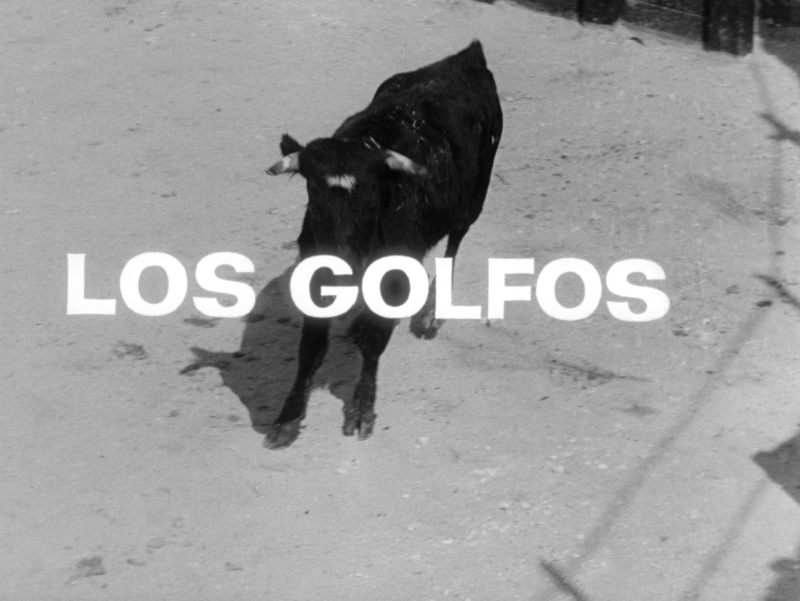
(aka "Los golfos" or "The Delinquents")
Directed by Carlos Saura
Spain 1960
|
A group of poor youths tear around Madrid pulling scams and petty crimes. As one of their gang prepares to perform in a serious bullfighting competition, they plan a heist that will raise the money to finance his entry. Breaking with tradition by filming in the streets and utilising documentary techniques to give the film an urgent resonance, Carlos Saura and producer Pere Portabella (Viridiana) were announced as a powerful new force in Spanish cinema when the film was nominated for the Palme d'Or at the Cannes Film Festival. Suffering curtailed distribution by Francoist censorship, this new restoration reinstates previously removed footage and presents the film as originally intended. ***
Carlos Saura's "Los golfos" (The Delinquents), released in 1960,
marks the acclaimed Spanish director's feature film debut and is a pivotal work
in the New Spanish Cinema movement. |
Posters
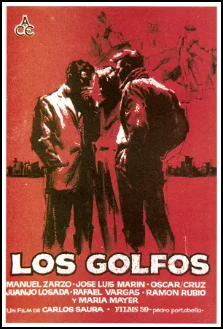 |
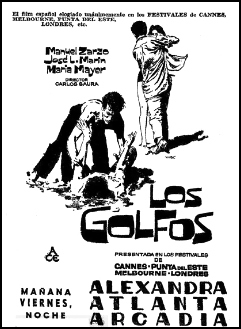 |
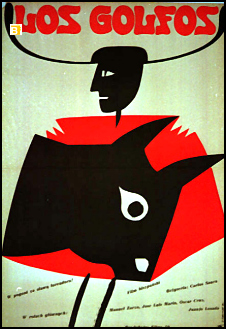 |
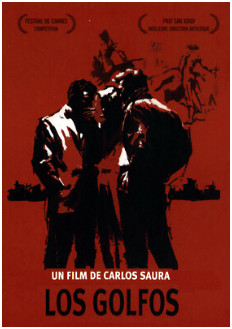 |
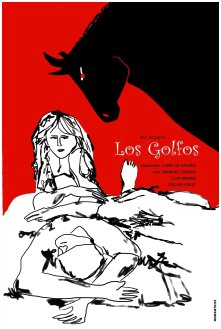 |
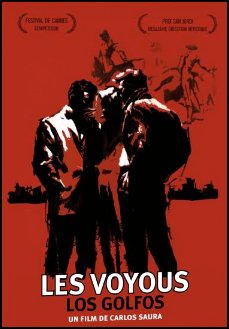 |
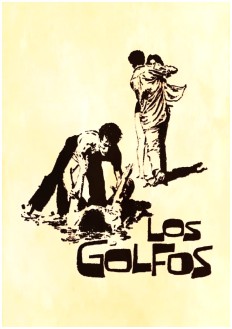 |
Theatrical Release: May 9th, 1960 (Cannes Film Festival)
Review: Radiance - Region FREE - Blu-ray
| Box Cover |
|
CLICK to order from: BONUS CAPTURES: |
| Distribution | Radiance - Region FREE - Blu-ray | |
| Runtime | 1:24:20.430 | |
| Video |
1.33 :1 1080P Dual-layered Blu-rayDisc Size: 49,702,845,166 bytesFeature: 24,659,360,256 bytes Video Bitrate: 34.91 MbpsCodec: MPEG-4 AVC Video |
|
|
NOTE: The Vertical axis represents the bits transferred per second. The Horizontal is the time in minutes. |
||
| Bitrate Blu-ray: |
|
|
| Audio |
LPCM Audio Spanish 2304 kbps 2.0 / 48 kHz / 2304 kbps / 24-bit |
|
| Subtitles | English, None | |
| Features |
Release Information: Studio: Radiance
1.33 :1 1080P Dual-layered Blu-rayDisc Size: 49,702,845,166 bytesFeature: 24,659,360,256 bytes Video Bitrate: 34.91 MbpsCodec: MPEG-4 AVC Video
Edition Details: • Introduction by author and former director of Filmoteca Catalunya Esteve Riambau (2025, 22:16) • Interview with filmmaker and curator Ehsan Khoshbakht on Los golfos, its influences and makers (2025, 17:11) • Censored scenes - scenes affected by censorship are presented alongside notes from the censorship committee and Carlos Saura (2025, 12:57) Two early short films by Saura: La llamada, about a solider leaving for war (1955, 7:04) and La tarde del domingo, about an oppressed live-in maid (1957, 33:42) Reversible sleeve featuring original and newly commissioned artwork by Vincent Wild Limited edition booklet featuring new writing by Mar Diestro-Dópido, reprints of original documents including committee notes on the script and a detailed breakdown of the restoration process
Transparent Blu-ray Case Chapters 10 |
|
| Comments: |
NOTE:
The below
Blu-ray
captures were taken directly from the
Blu-ray
disc.
NOTE: We have added 80 more large
resolution Blu-ray captures (in lossless
PNG format) for DVDBeaver Patrons
HERE
On their
Blu-ray,
Radiance use a linear PCM dual-mono track (24-bit) in the original
Spanish language. The sound design captures the bustling chaos of
markets, dance halls, and bullfighting arenas with clear, balanced mixes
that avoid muddiness, allowing environmental sounds to immerse viewers
in the protagonists' world while the sparse, evocative music underscores
themes of desperation and aspiration. The uncompressed transfer is a
solid presentation that complements the film's moody score by Antonio
Ramírez Ángel and José Pagán (who both worked on titles like
Vampiresas 1930,
The Awful Dr. Orlof etc.), integrating post-synchronized sound
typical of the era without detracting from the naturalistic dialogue and
ambient urban noises. Radiance offer optional English subtitles on
their Region FREE
Blu-ray.
NOTE: While Spanish film composer
José Pagán (born 1916, died 2009) worked on films around the 1960s, no
sources link him to José Manuel Pagán (also film composer - 1987's
Anguish) as his son, and their differing maternal surnames (Santamaría
vs. López) suggest they are unrelated. However, it is an odd
coincidence.
The Radiance Films
Blu-ray of
Los golfos offers a rich assortment of supplementary materials that
deepen appreciation for Carlos Saura's debut, starting with a newly
filmed 22-minute introduction by author, film scholar, and former
director of Filmoteca Catalunya Esteve Riambau, recorded exclusively for
Radiance in March 2025, where he provides essential historical context
on the film's production amid Francoist Spain's repressive environment,
detailing the societal conditions of the late 1950s, the challenges of
censorship that delayed its domestic release, and Saura's innovative
approach to neorealism as a critique of the regime's facade of
prosperity. Complementing this is a 17-minute interview with filmmaker,
curator, and Saura expert Ehsan Khoshbakht, created in May 2025, which
delivers a comprehensive overview of Los golfos, exploring its key
influences from Italian neorealism (such as Vittorio De Sica's
Bicycle Thieves) and the emerging French New Wave, while
highlighting the contributions of its makers, including producer Pere
Portabella and cinematographer Juan Julio Baena, and situating it within
the broader New Spanish Cinema movement as a bold departure from
mainstream escapist fare. A particularly illuminating 13-minute feature
on censored scenes, produced by the Filmoteca Española in 2024, presents
the excised footage - totaling over ten minutes - alongside archival
notes from the Franco-era censorship committee and Saura's own
reflections, with deleted shots marked by a noticeable shift in color
tone for easy identification; this includes sequences like an extended
existentialist robbery discussion deemed too subversive, offering
viewers insight into how the regime's interventions softened the film's
raw portrayal of delinquency and societal blame, thus reframing its
narrative restraint as a strategic necessity. Further enriching the
package are two rare early short films by Saura: the silent 7-minute
La llamada (The Call, 1955), a dreamlike one-reel vignette
depicting a soldier awakened by his wife to heed the call of war,
blending quotidian domesticity with surreal undertones of impending
conflict; and the 34-minute La tarde del domingo (Sunday
Afternoon, 1957), his undergraduate thesis project featuring
voiceover narration, which follows an oppressed live-in maid navigating
the stifling dynamics of a middle-class family, showcasing Saura's
nascent interest in social inequality and psychological depth - though
both appear in less pristine condition compared to the main feature,
they provide valuable glimpses into his formative style. There is also a
reversible sleeve boasting original poster art and a limited-edition
booklet containing fresh analytical writing by critic Mar Diestro-Dópido,
reprinted original documents such as censorship committee notes on the
script, and a thorough technical breakdown of the 2024 4K restoration
process; collectively, these extras are lauded in reviews as essential
and revelatory, transforming the release into a comprehensive archival
treasure that not only contextualizes the film's historical significance
but also delights dedicated cinephiles with its depth and rarity.
Carlos Saura's Los golfos
represents a landmark debut in Spanish cinema, heralding the arrival of
the New Spanish Cinema movement and introducing neorealist influences to
a film landscape dominated by studio productions under Franco's
dictatorship. Shot entirely on location in Madrid's impoverished
outskirts, the film blends documentary-style realism with narrative
drama to explore the harsh realities of urban poverty and youthful
desperation. Produced during the waning years of Franco's regime, Los
golfos emerged as a bold critique of Spanish society, capturing the
disillusionment of post-war youth in a dictatorship that prioritized
conservative values and economic "miracles" for the elite while ignoring
urban poverty. Socially, the film addressed juvenile delinquency as a
symptom of marginalization in Francoist Spain, where rapid urbanization
created slums filled with rootless migrants from rural areas, like the
Andalusian protagonists, highlighting the regime's failure to integrate
the working class. Themes of innocence amid delinquency emerge, with the
youths depicted not as villains but as victims of circumstance, their
crimes driven by a childlike determination rather than malice. Radiance
Films'
Blu-ray
release of Los golfos stands as an essential world premiere
presentation of Carlos Saura's blistering debut, a neorealist gem that
captures the tragic desperation of Madrid's youth with unsentimental
humanism, marvelous performances from non-professionals, and a gripping
narrative of ambition amid poverty; the 4K restoration and reinstated
footage honor the director's vision, making it a time capsule of
Franco-era Spain and a landmark in New Spanish Cinema.
|
Menus / Extras
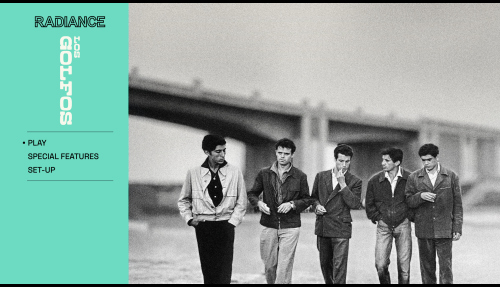 |
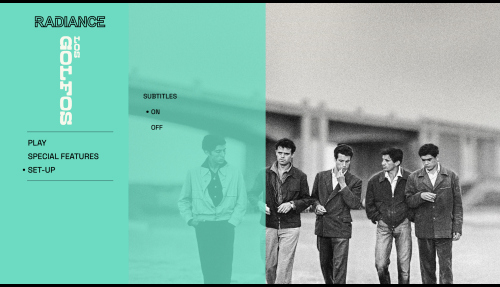 |
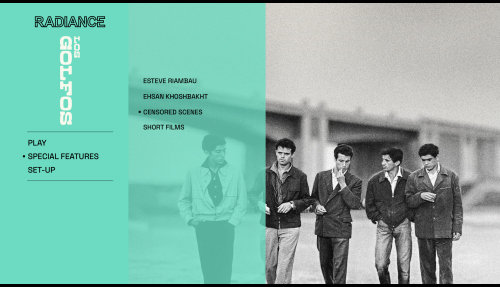 |
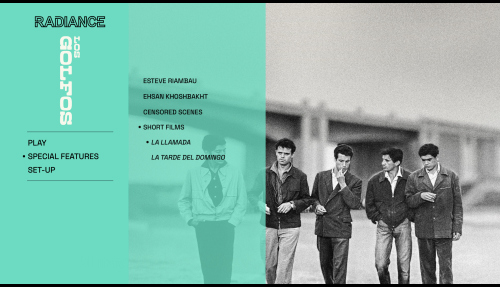 |
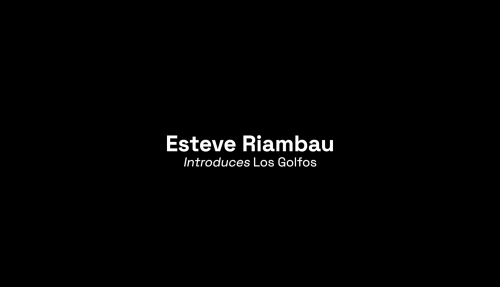 |
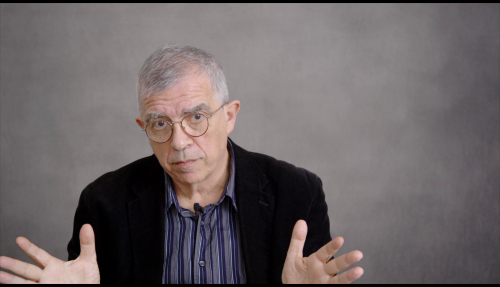 |
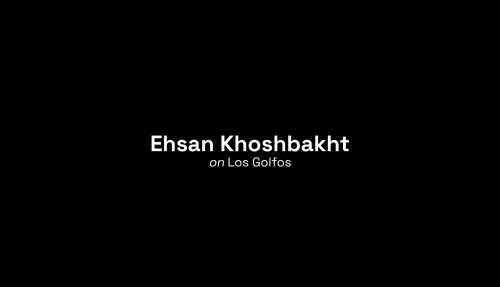 |
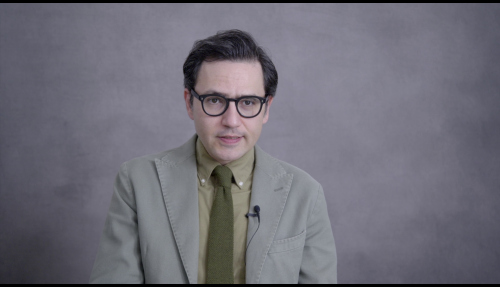 |
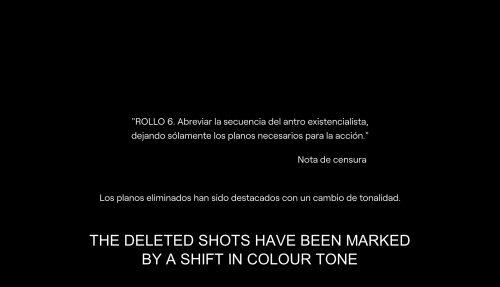 |
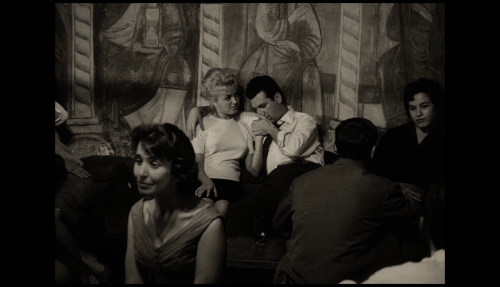 |
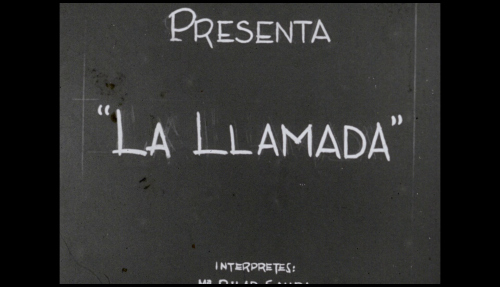 |
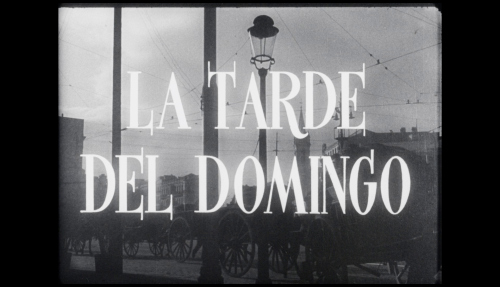 |
CLICK EACH BLU-RAY CAPTURE TO SEE ALL IMAGES IN FULL 1920X1080 RESOLUTION
More full resolution (1920 X 1080) Blu-ray Captures for DVDBeaver Patreon Supporters HERE
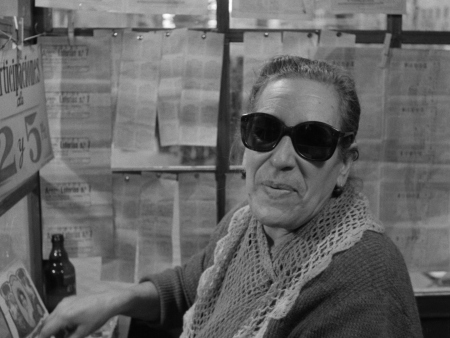 |
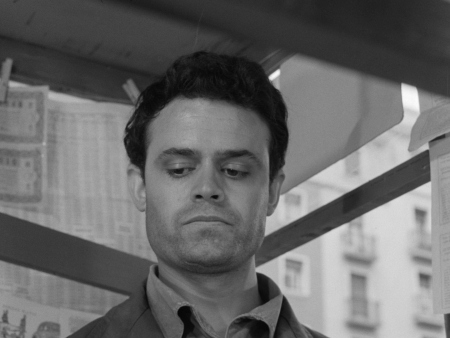 |
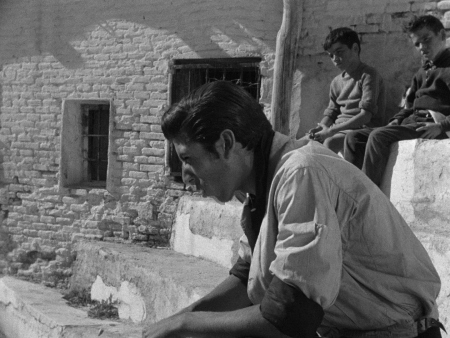 |
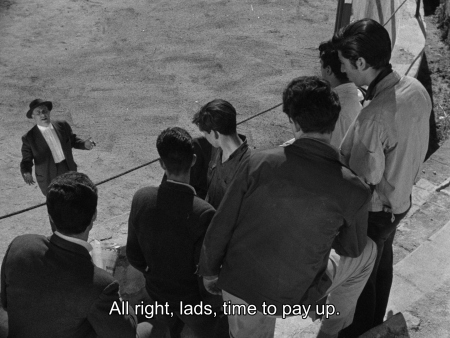 |
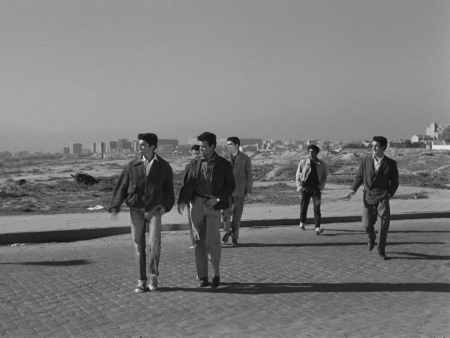 |
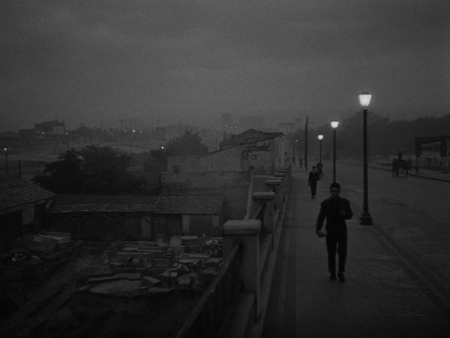 |
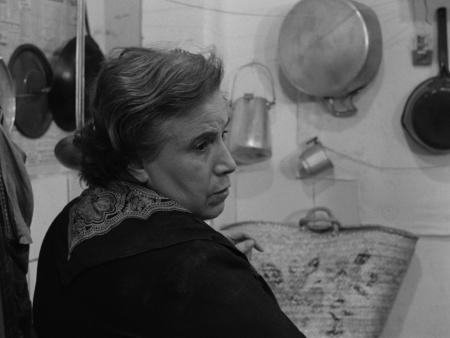 |
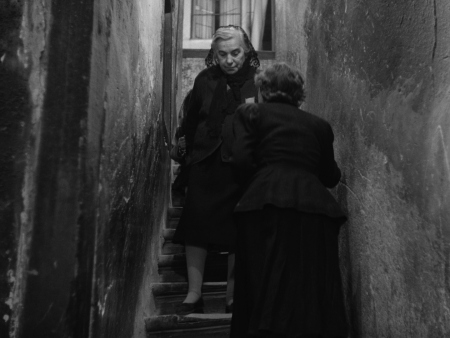 |
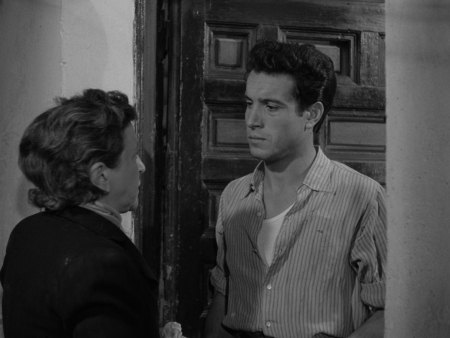 |
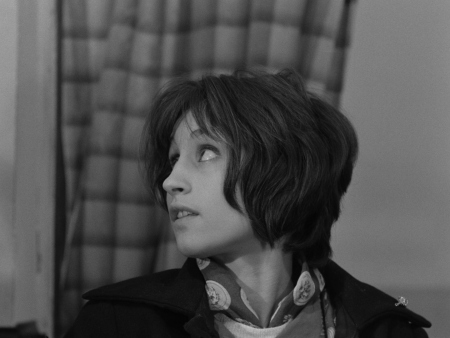 |
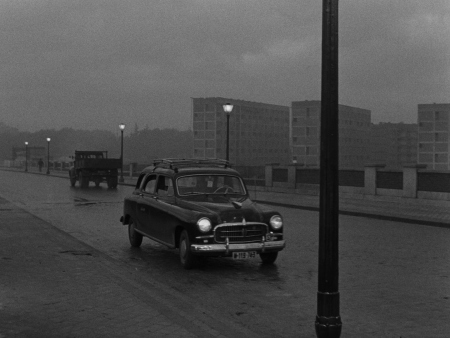 |
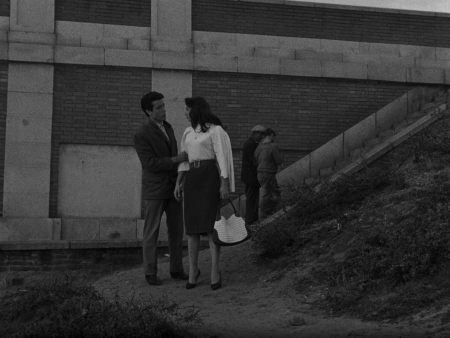 |
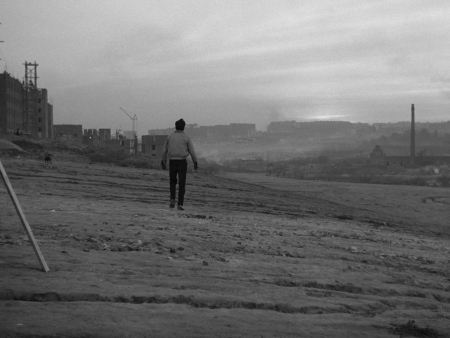 |
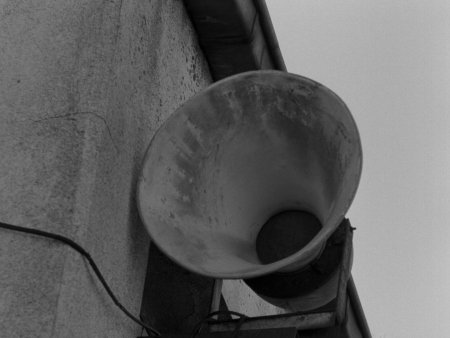 |
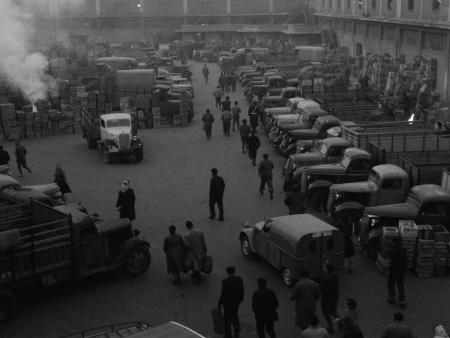 |
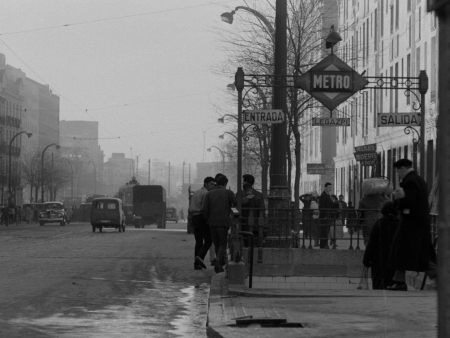 |
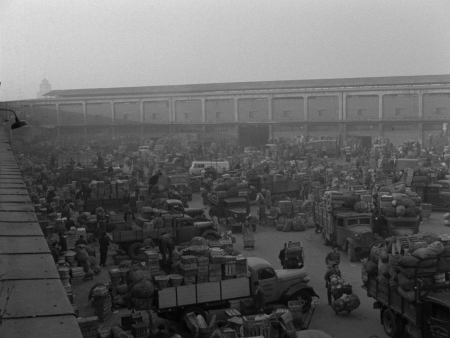 |
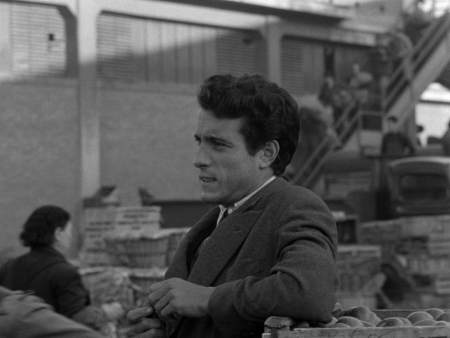 |
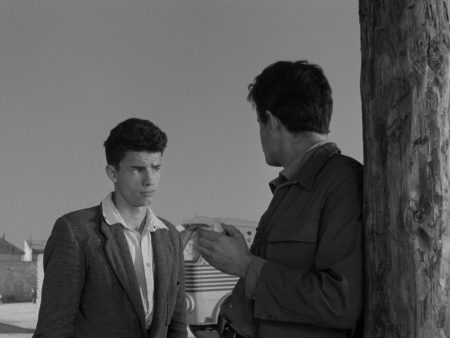 |
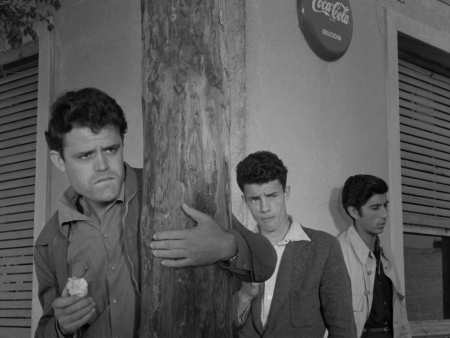 |
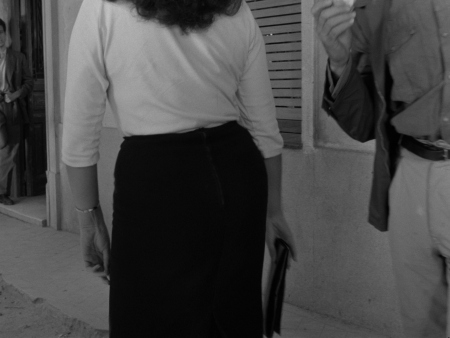 |
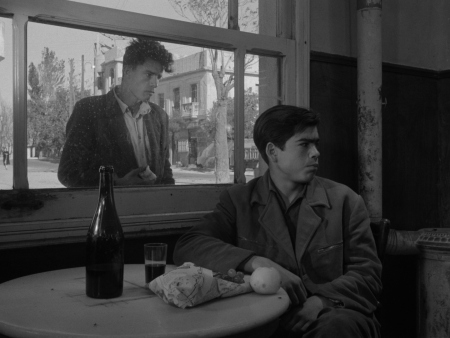 |
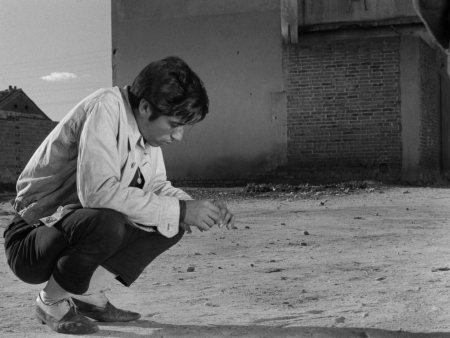 |
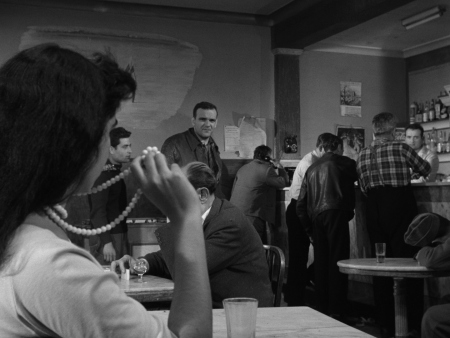 |
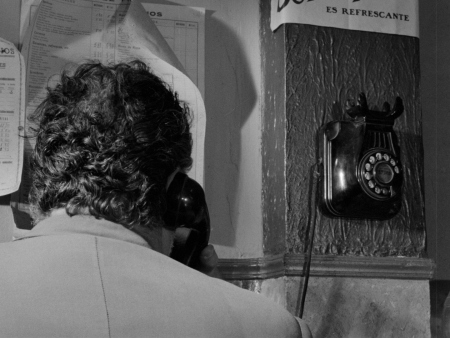 |
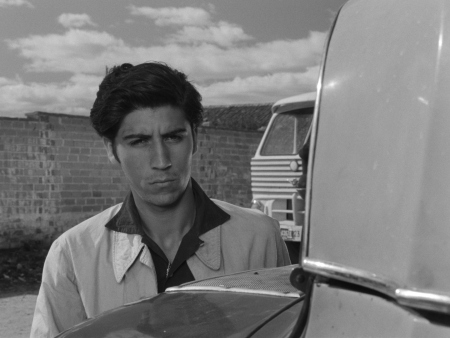 |
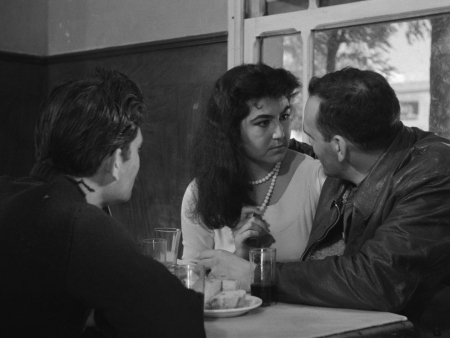 |
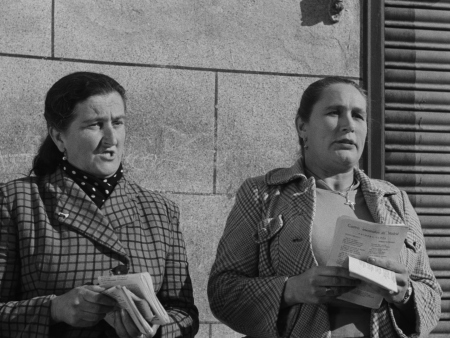 |
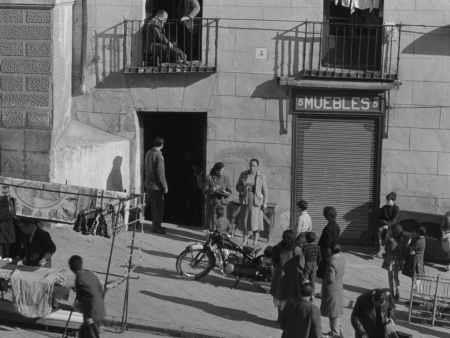 |
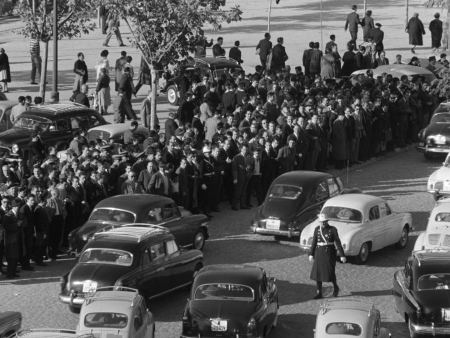 |
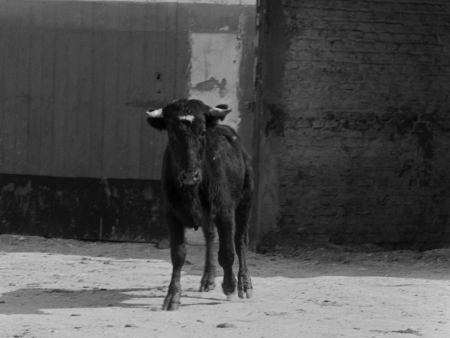 |
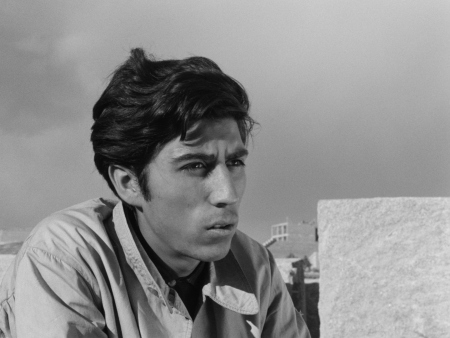 |
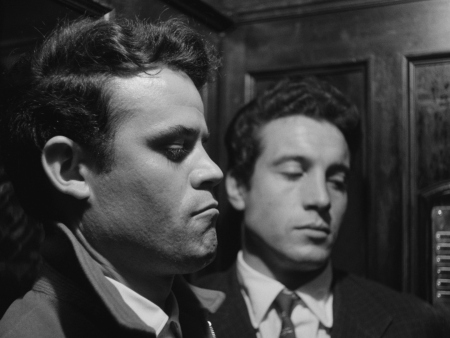 |
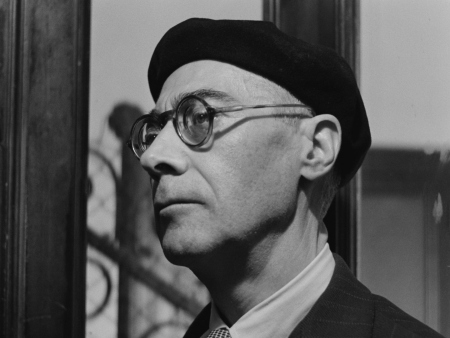 |
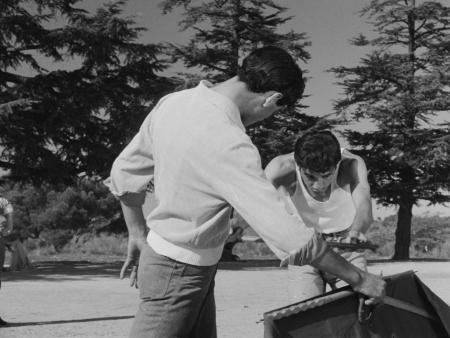 |
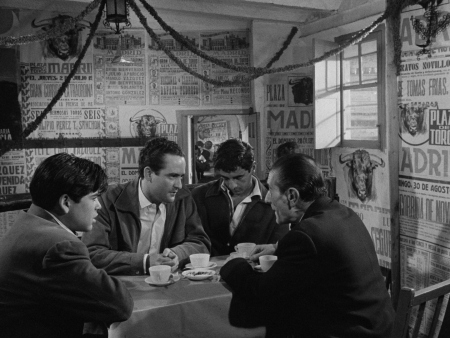 |
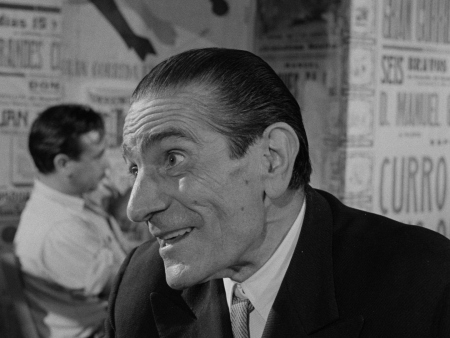 |
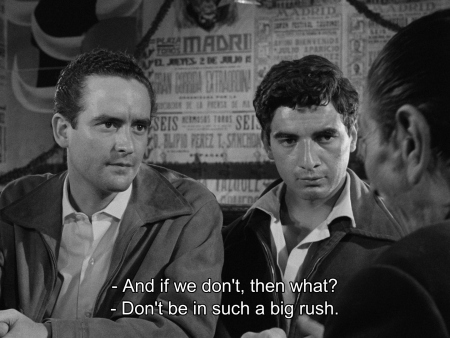 |
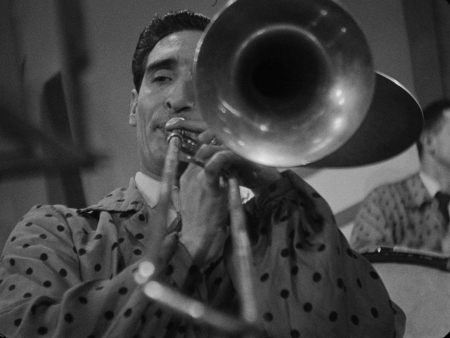 |
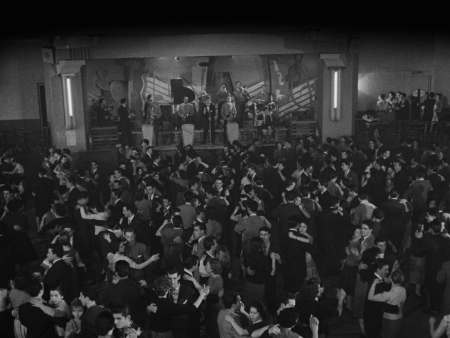 |
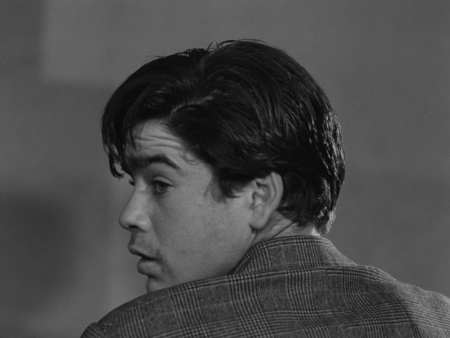 |
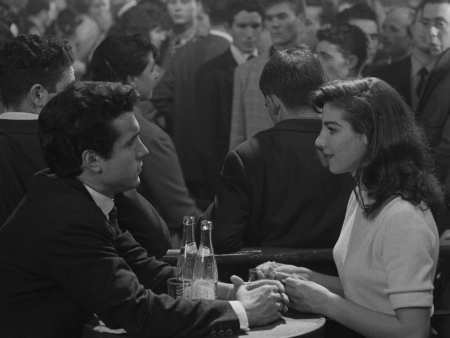 |
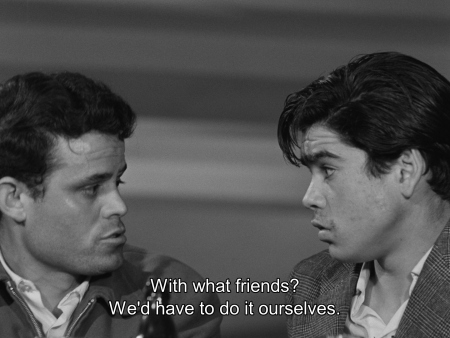 |
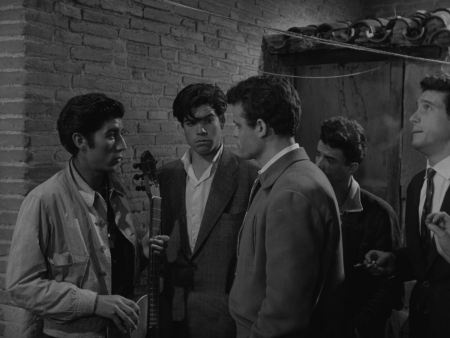 |
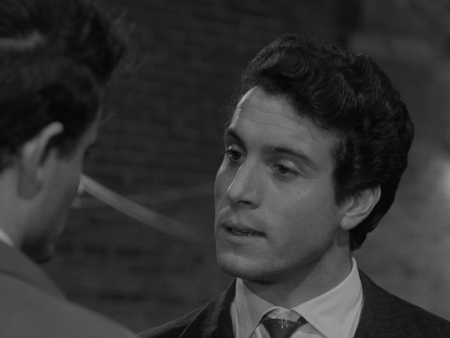 |
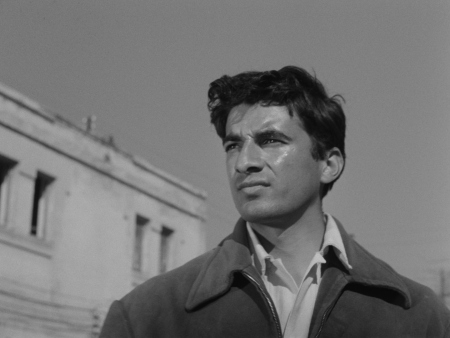 |
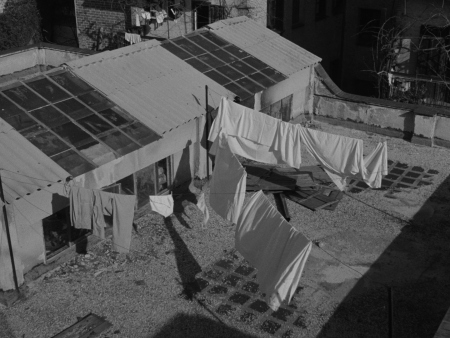 |
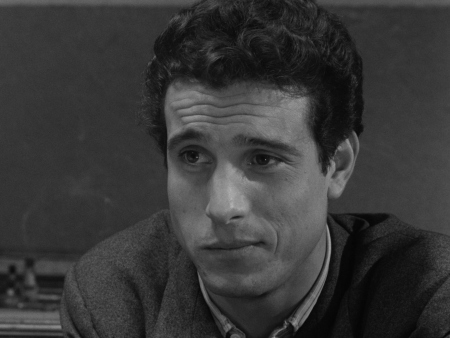 |
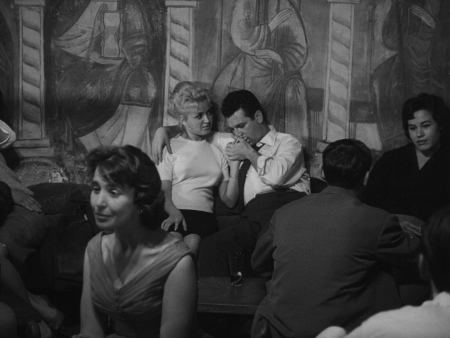 |
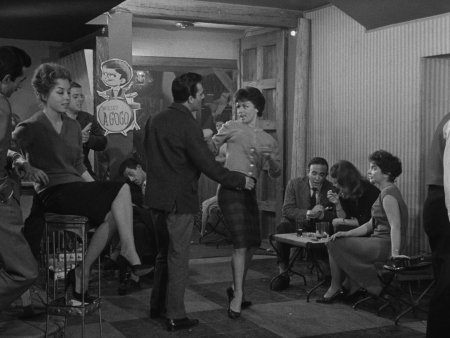 |
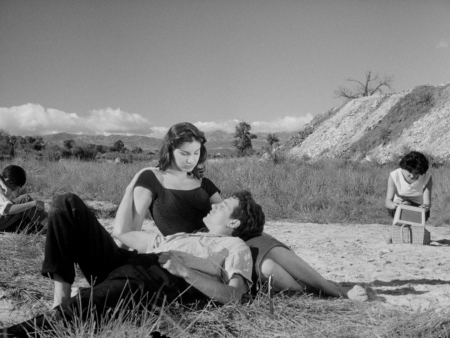 |
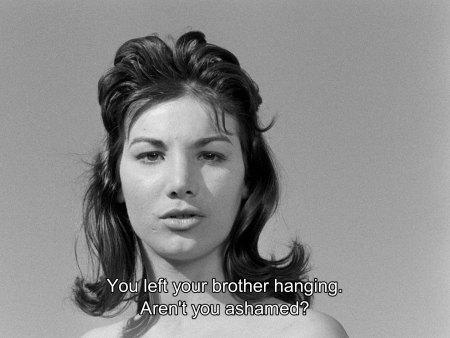 |
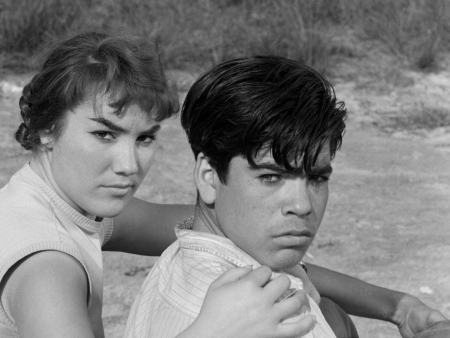 |
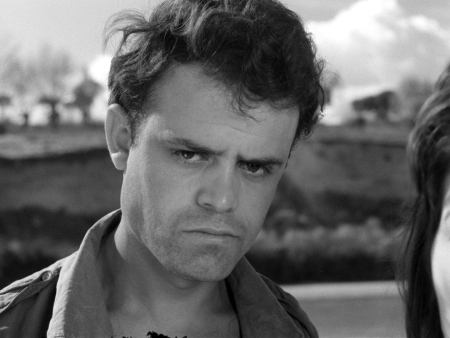 |
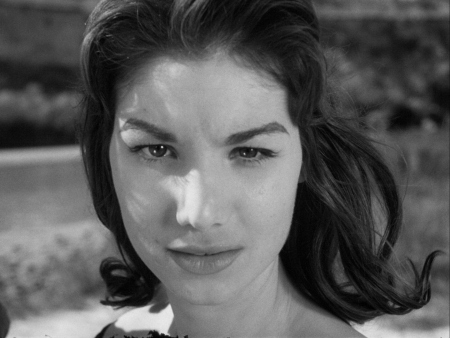 |
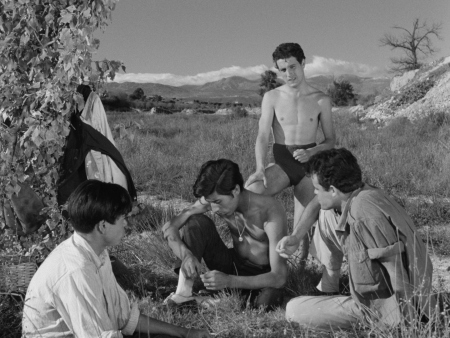 |
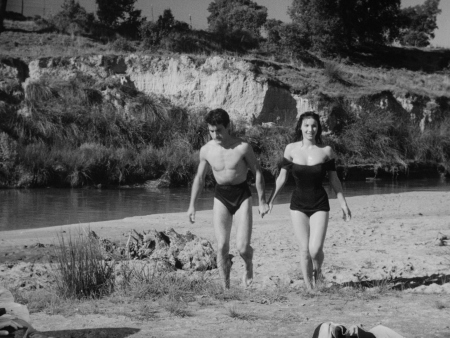 |
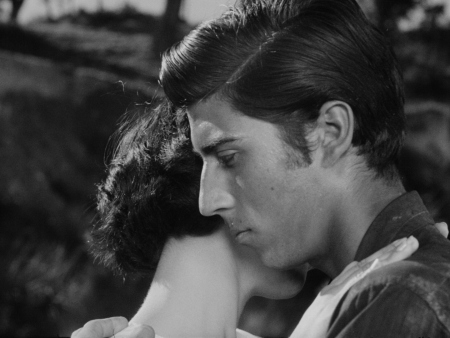 |
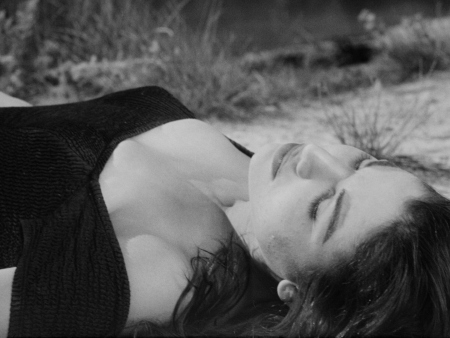 |
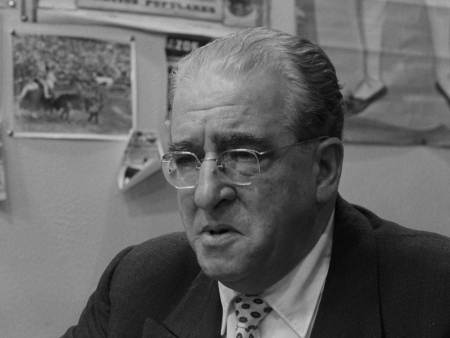 |
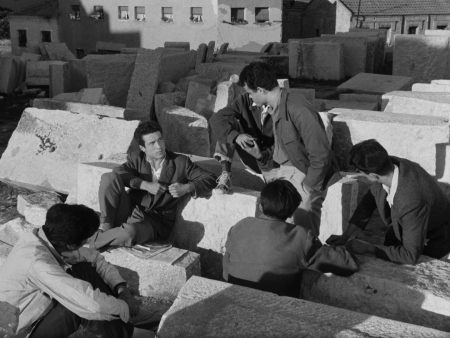 |
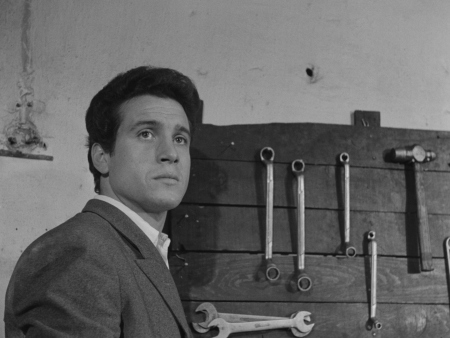 |
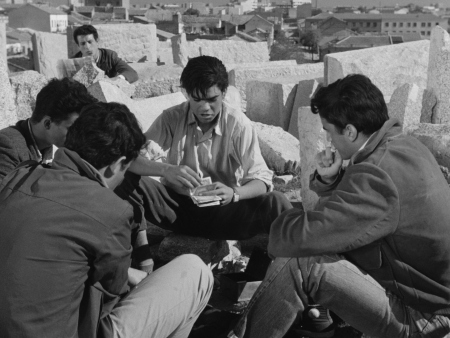 |
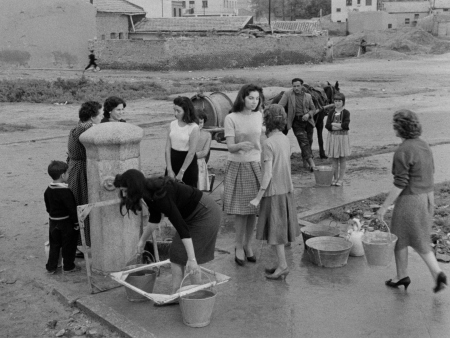 |
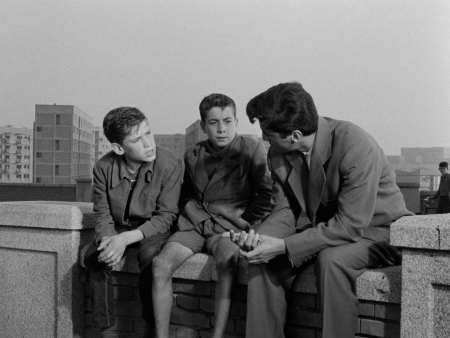 |
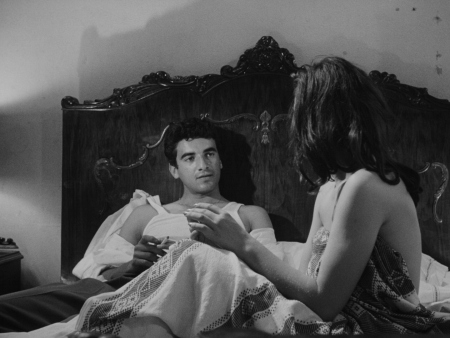 |
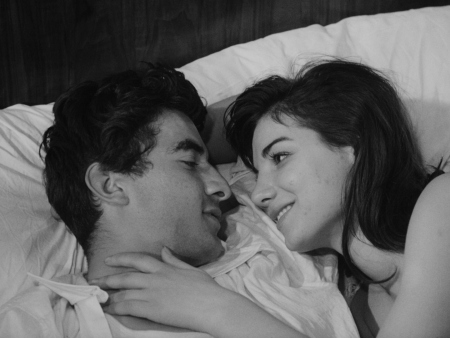 |
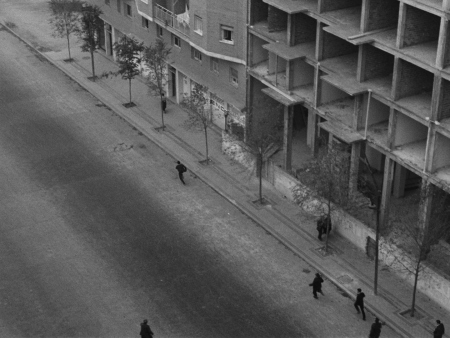 |
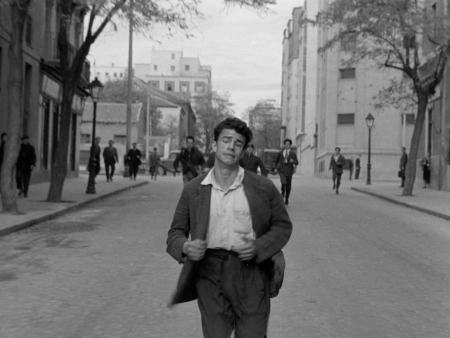 |
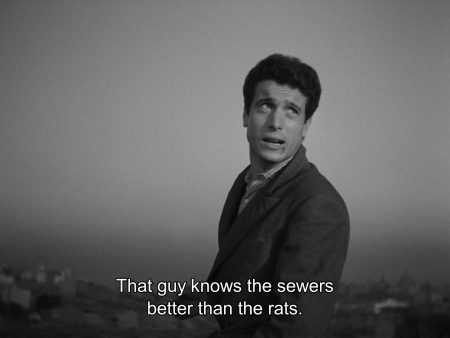 |
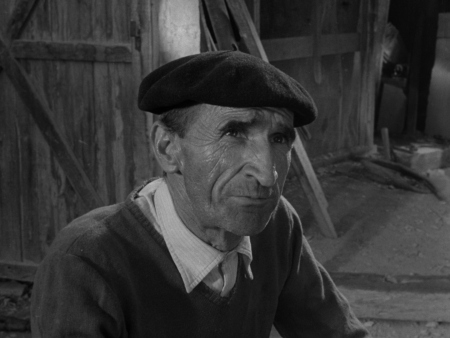 |
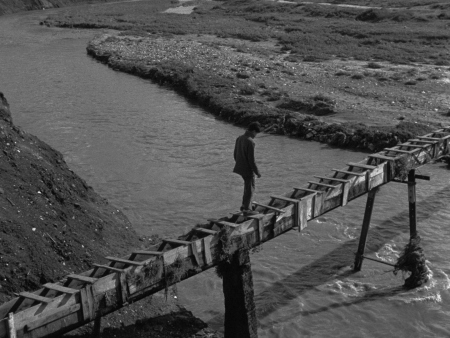 |
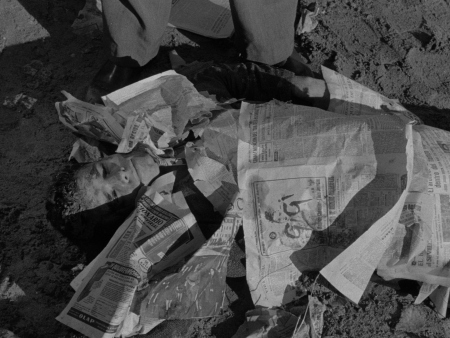 |
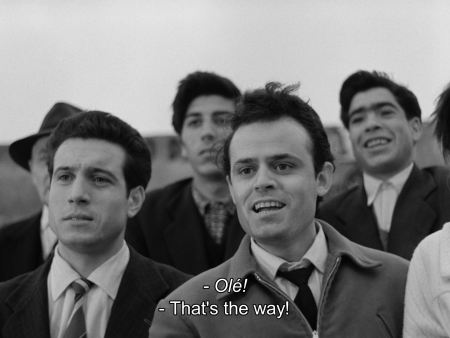 |
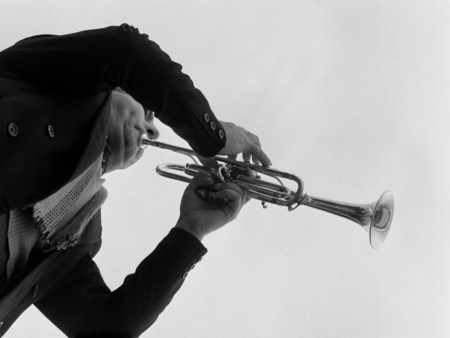 |
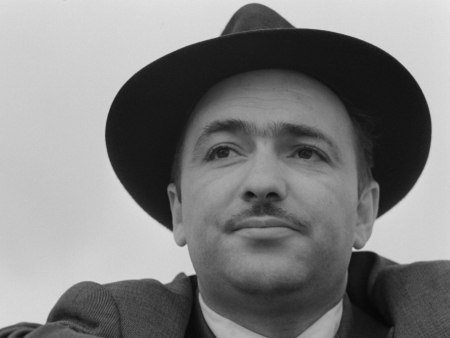 |
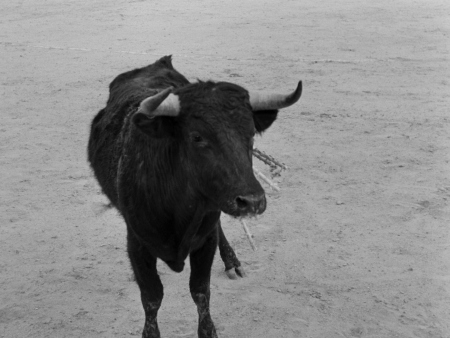 |
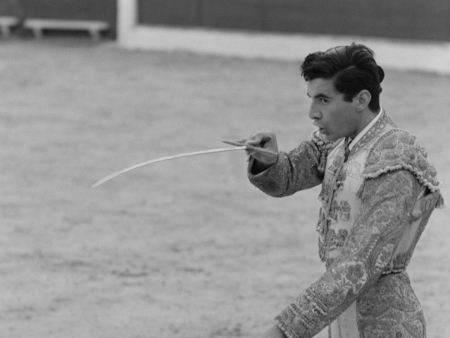 |
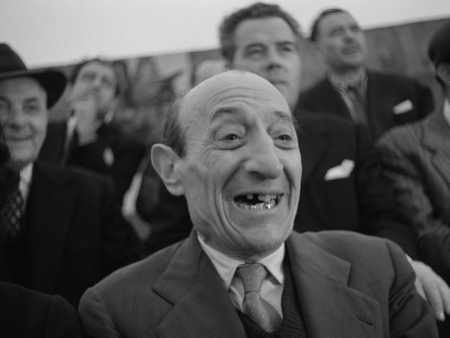 |
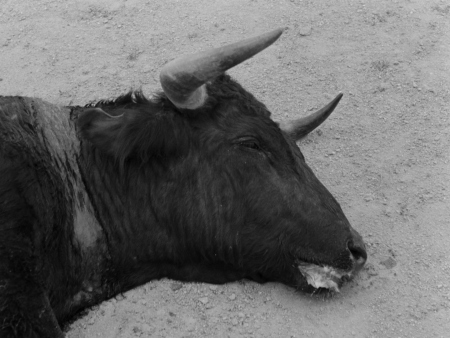 |
| Box Cover |
|
CLICK to order from: BONUS CAPTURES: |
| Distribution | Radiance - Region FREE - Blu-ray | |
![]()
![]()

![]()
![]()
|
Search DVDBeaver |
S E A R C H D V D B e a v e r |


